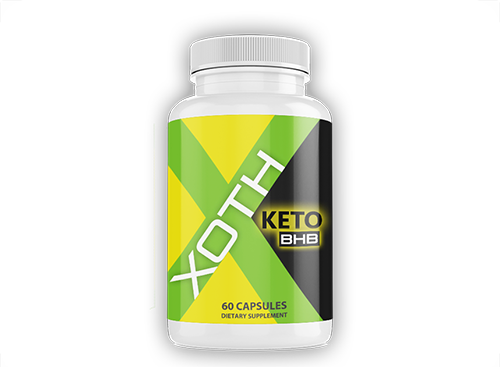What is Keto?
The ketogenic diet, often referred to as the keto diet, is a low-carbohydrate, high-fat diet designed to shift the body’s primary source of energy from carbohydrates to fats. This metabolic state is known as ketosis, where the body produces ketones from fat breakdown to fuel various bodily functions.
In a typical keto diet, carbohydrates are drastically restricted, usually to around 5-10% of total daily caloric intake. This restriction forces the body to rely on fats for energy, making up about 70-75% of daily caloric intake, while the remaining 20-25% comes from protein.
Goal of Keto
Keto’s primary goal is to minimize the body’s reliance on glucose, the sugar derived from carbohydrates, as an energy source. By doing so, it helps regulate blood sugar levels and insulin production, which can be particularly beneficial for people with diabetes or those looking to lose weight.
The reduced carb intake induces the liver to convert fats into ketones, molecules that can cross the blood-brain barrier and serve as an alternative energy source for the brain. This shift in metabolism can lead to several benefits, including weight loss, increased energy, and enhanced mental clarity.
Keto Friendly Foods
Keto-friendly foods include meat, fish, eggs, dairy products, oils, nuts, seeds, and low-carb vegetables. Foods to avoid or limit are high-carb items like grains, sugar, fruits, and starchy vegetables. The strict carb control means that many processed and sugary foods are off-limits.
Adhering to a keto diet can be challenging due to its restrictions, and the initial adjustment period, known as the “keto flu,” may involve side effects like fatigue, headaches, and irritability. However, as the body adapts to using fat for energy, these symptoms typically subside.
Keto Benefits
The keto diet is often used for weight loss, as it can lead to rapid fat reduction, but it has also shown promise in managing certain medical conditions. Some studies suggest it may help improve conditions like epilepsy, polycystic ovary syndrome (PCOS), and even Alzheimer’s disease, although more research is needed in these areas.
In conclusion, the ketogenic diet is a low-carb, high-fat eating plan that shifts the body into a state of ketosis, where it burns fat for fuel instead of carbohydrates. While it can be effective for weight loss and has potential health benefits, it’s essential to consult with a healthcare professional before starting the keto diet, as it may not be suitable for everyone, and proper guidance is crucial to ensure a well-balanced and sustainable approach.


